INNOVATIVE TEACHING & LEARNING PROCESS
The Department of mechatronics has ensured academic excellence using different innovative learning methods. As technology improves day by day, the department adopts new techniques in making the learning process easier and effortless. Steps taken to achieve this goal are mentioned
ENHANCEMENT OF VISUALIZATION
- In order to achieve this goal, ICT enabled classes are provided in which faculty use LCD projectors in the classroom for visualizing and demonstrating various concepts, theories and procedures in addition to the lecture using the blackboard.
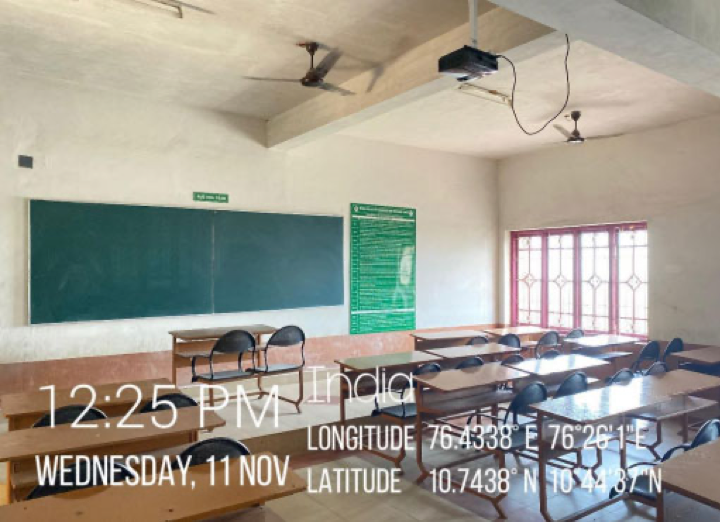
- Different materials used by the faculty for this purpose include Microsoft PowerPoint presentations, Google Slides, PDF and word documents (prepared by faculty), video lectures available from NPTEL and other reliable sources.
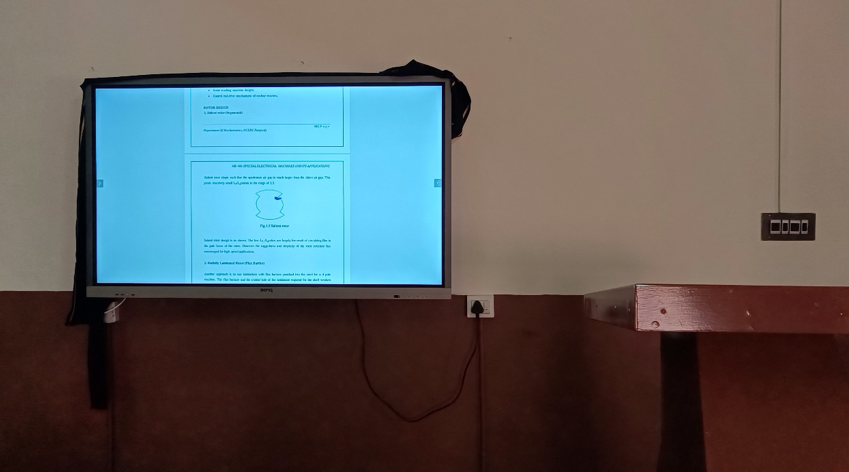
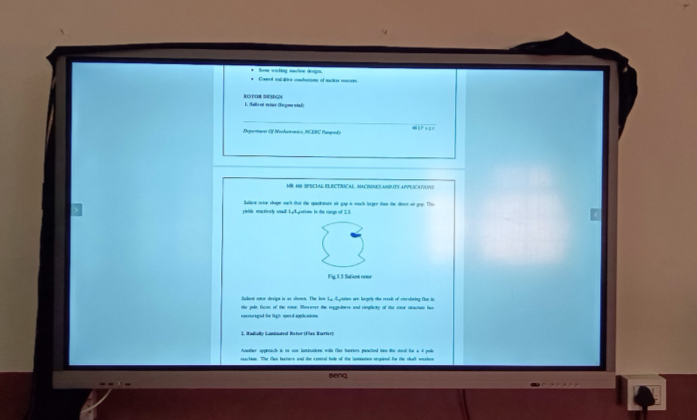
- These materials are made available to the students for improving their learning process. Faculty also handles classes for students in smart classroom
- Students are encouraged to attend MOOC courses – NPTEL and STANFORD etcm
- Many students are using the platforms like Coursera and Udacity, Udemy to enhance their knowledge.
SOFTWARE SUPPORT
- ICAMPUZ: Icampuz is an advanced web based campus management system offering attendance management system including daily massage system for parents about each students attendance, students and faculty information system, students’ academic details, course materials etc., Students can easy access Icampuz through their logins.
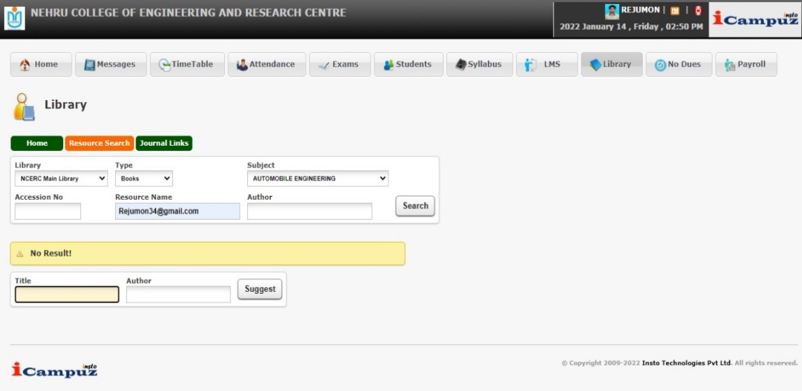
- NGI ONLINE EXAM PORTAL: www.ngientranceexam.in (http://www.ngientranceexam.in/) is a web based online exam portal. The teachers can conduct and evaluate exams for subjects, laboratories, gate model exams etc., Students can easy access this exam portal through their login.
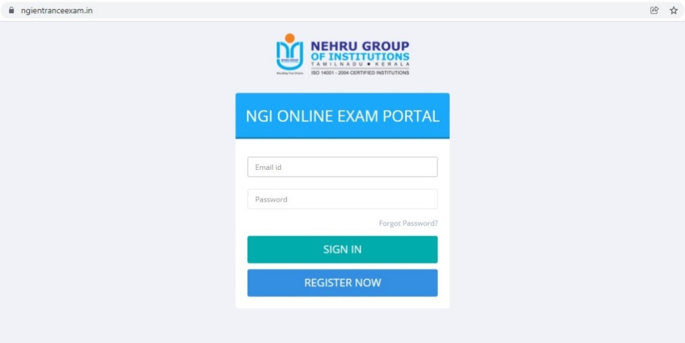
CONCEPTUAL IMPLEMENTATION IN PRACTICE
A) The Student can implement mini and main projects during their last 2 years. The faculties are chosen project groups based on their area of specialization, also encouraged them to participate in various project exhibitions
- The project coordinators appointed by the Head of the department are responsible for planning, scheduling and execute on of all the activities related to the student project work.
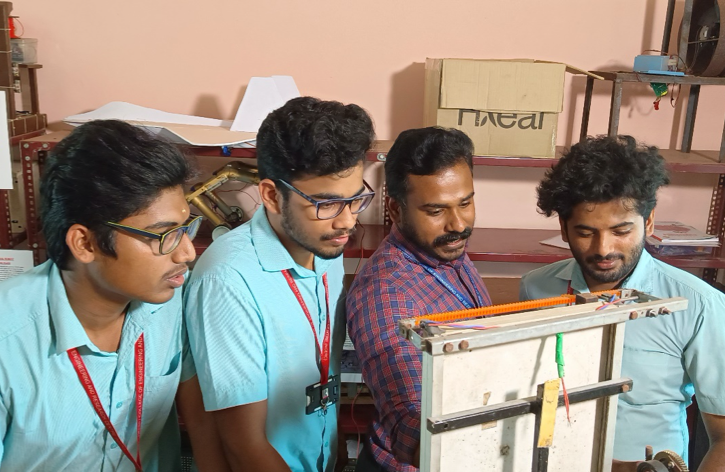
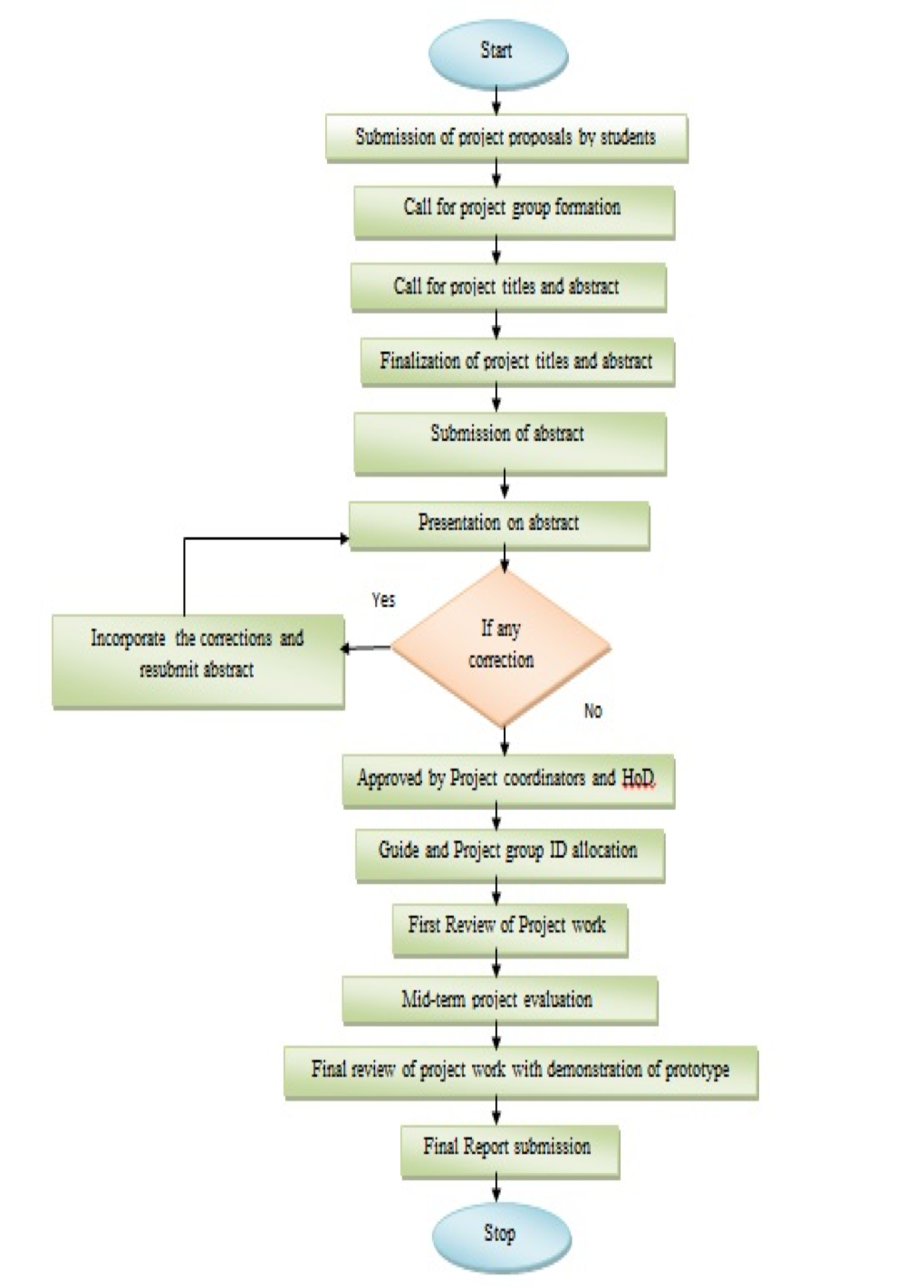
Identification of Projects and Allocation Methodology.
- Students are informed to form their batches and register with the project coordinators. Each project batch can have minimum two to maximum four students. On registration they will receive project group identification number which is used as reference throughout the final year project.
- Based on their area of interest and competency, students can search the reputed citation journals and identify their innovative ideas.
- Students prepare synopsis and present before HoD and project coordinator.
- HoD along with project coordinators will allocate the guides based on their domain and expertise.
- The students approach the faculty guides and discuss their ideas. Then they are informed to submit the detailed synopsis and present before the panel.
- If any suggestions/modifications, need to be incorporated.
- Finalized project synopsis duly signed by their concerned guide is submitted to coordinators.
Initiatives Taken
- The faculty motivates the students to carry out projects in house by providing essential resources.
- Further the students are encouraged to participate in project exhibitions, present/publish their work in conferences/journals.
- Also encouraged to apply for funds under various external funding schemes.
- HoD along with project coordinators will allocate the guides based on their domain and expertise.
Final Project Evaluation
Students will do project preliminary works during 7th semester as per university curriculum. The preliminary works to be completed are as follows
- Literature survey
- Formulation of objectives
- Formulation of hypothesis/design/methodology
- Formulation of work plan
- Preparation of preliminary report
Report Evaluation
The final draft copy of the report (in the suggested format) should be submitted immediately after the final presentation and review to their respective guides. Guides will review the report according to the given format, any discrepancies in the report is brought to the notice of the students. The students must incorporate the given suggestions in their final copy of the report. The final approved report by the guide must be submitted in hardbound as per the format prescribed by NCERC.
- Quality of completed projects/working prototypes
- 1. Final project demo for the working prototype and the report are evaluated by a panel.
- 2. Best Project was identified by conducting Project exhibition.
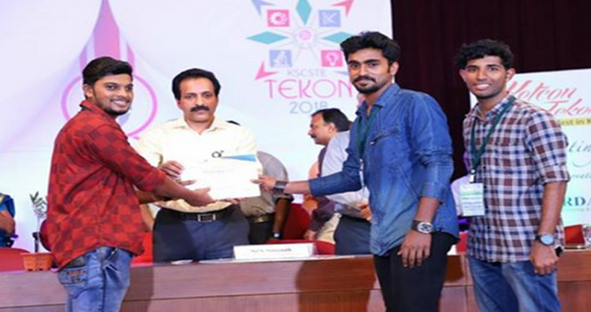
B) This helps in better understanding and realization of the practical significance of subjects taught. The faculty provides a demonstration of modern computational and analytical software tools to students during regular class time in order to make the learning process more effective.
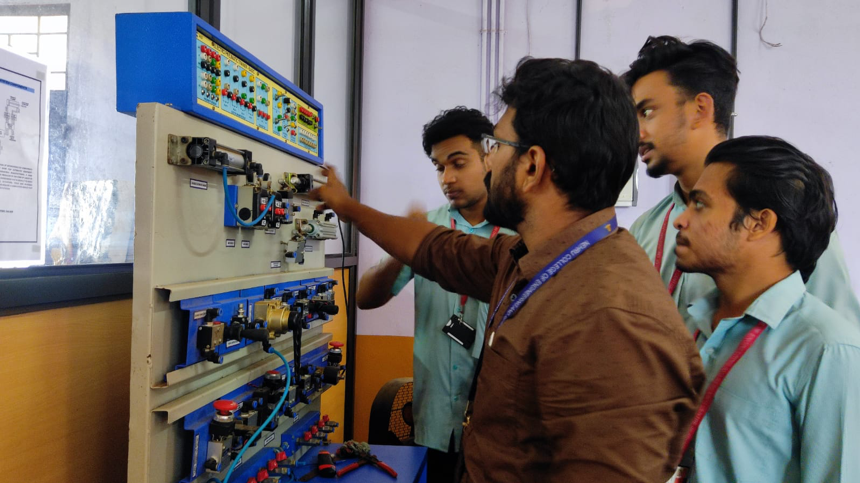
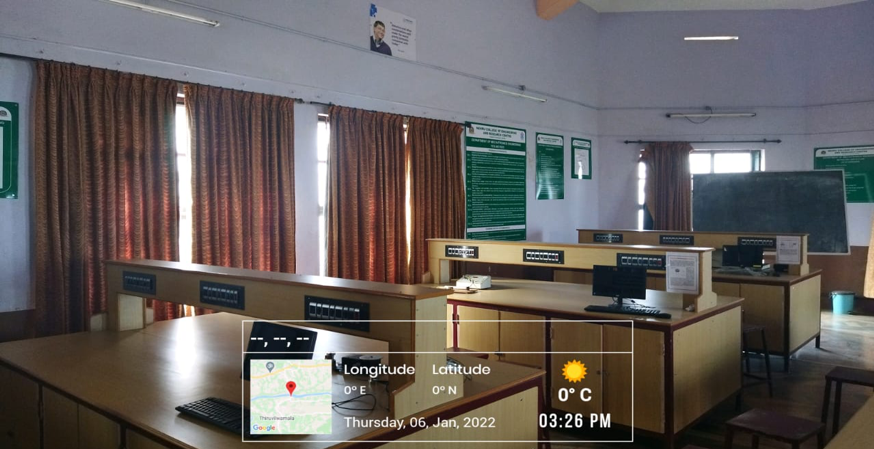
C) Industrial Visits and training are organized for students to bridge the gap between theoretical and practical training in real- life environment. Students understand the industrial practices and organizational hierarchy during industrial visits.
D) Industrial Visits provide opportunities for active/interactive learning experiences outside classroom environment in addition to usual classroom learning.
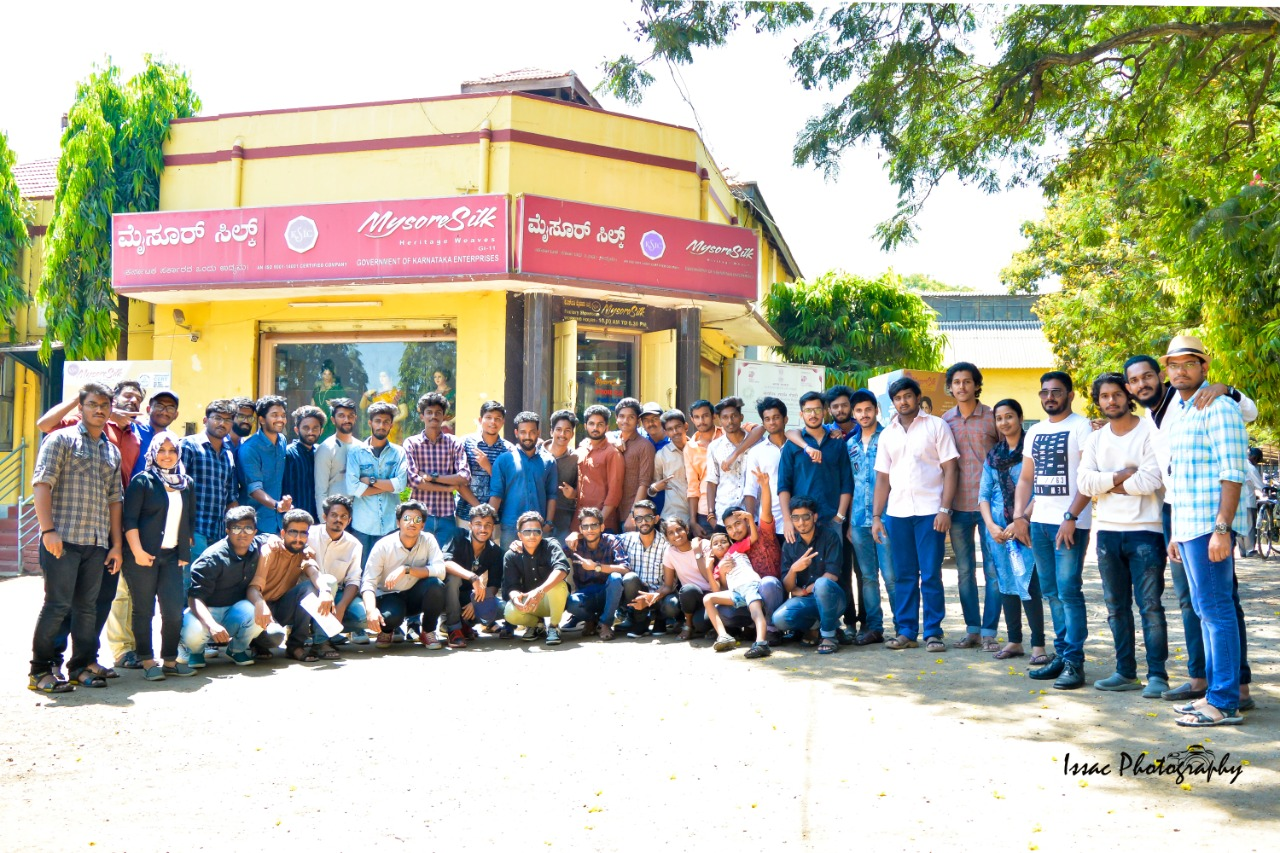
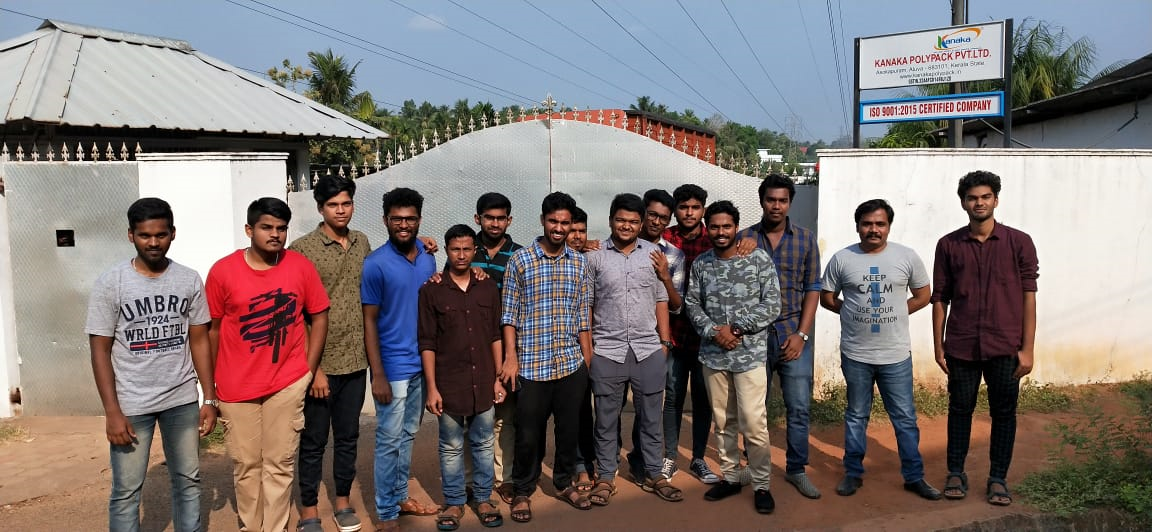
OUTCOME BASED LEARNING
- Teaching – learning process is a crucial part of Outcome based education. It implements/Employs as the set of activities engaging with student’s to enable them to acquire knowledge, skills and attitudes.
- Curriculum compliance is systematic analysis of curriculum, prescribed by University, to identify the degree of competency of syllabi and its contents for attaining the Program Outcomes and program specific outcomes
-
For each course, the knowledge level of course contents is identified using revised Bloom’s taxonomy and corresponding course outcomes are formulated. Curriculum compliance may be verified by organizing the information into a matrix (course-PO matrix) which maps each one to the other.
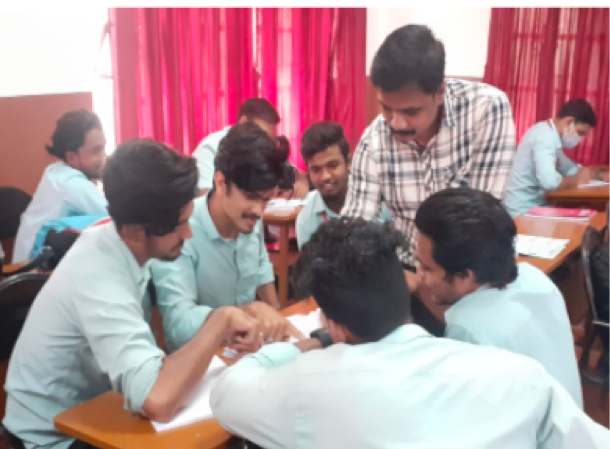
- Mapping not only provides the information of whether curriculum meets the academic and/or professional benchmark requirements (POs), but also manifests the way and possible level of attaining the POs by curriculum.
- Self-Learning: Assignments and Tutorials are provided by the Department as per Syllabus. The students are expected to gain knowledge on their own while preparing Assignment from various resources for a particular topic.
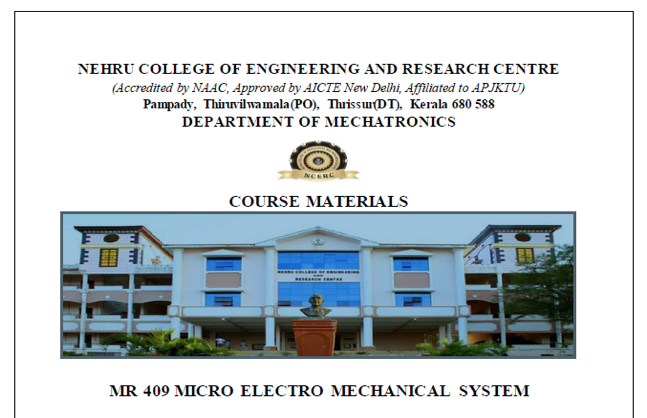
- Peer Tutoring: Tutorial classes are facilitated by selecting small groups of students (maximum 30). Tutorials allow group discussion of lecture content and assessment, problem solving etc.
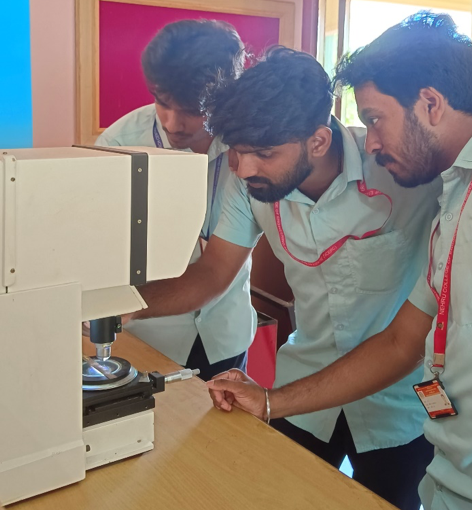
TECHNICAL ADVANCEMENT
- Achievement of outcome based education is facilitated by organizing workshops and technical talks about the recent technological advancements in the field of mechatronics for undergraduate students.
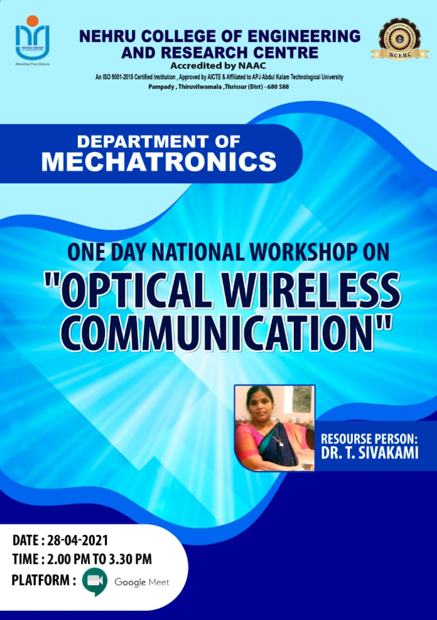
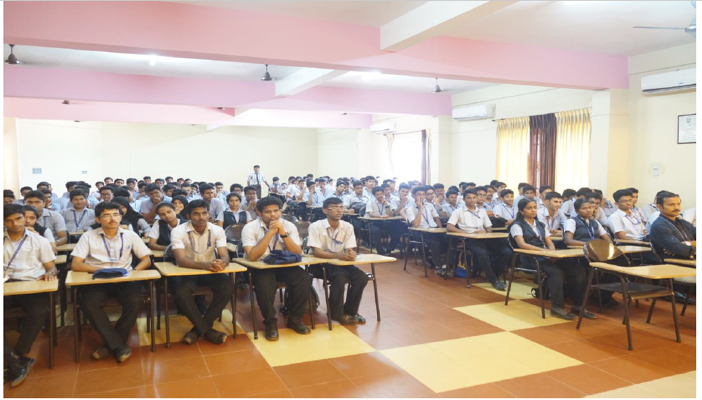
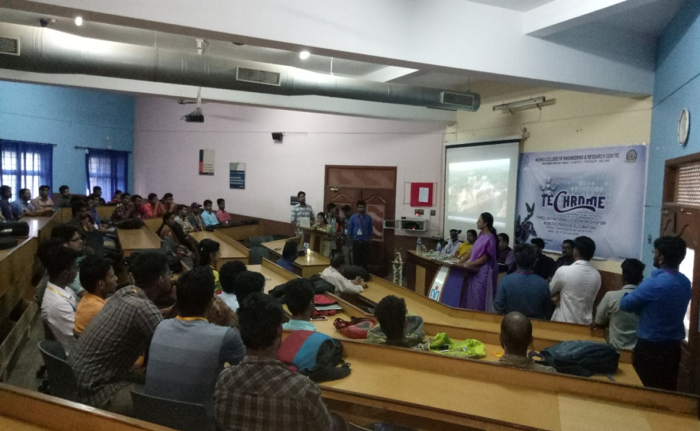
COURSE MATERIALS/ VALUE ADDED COURSES
- Mechatronics Department is conducting Value Added Courses during each semester to improve students’ knowledge regarding new technologies and content beyond syllabus. For that a minimum of 30 hours classes are conducted and also certificate will provide as per the performance in examination.
- Remedial teaching is identifying slow learners and providing them with the necessary help and guidance to help them overcome their problems, after identifying their areas of difficulty
- Course Materials are prepared and distributed among students via Google classroom, Icampuz, websites etc. Course Materials includes Lecture Notes, Previous Year Question Papers, Question Banks, PPT’s, Lecture Videos, Lab Manuals etc.